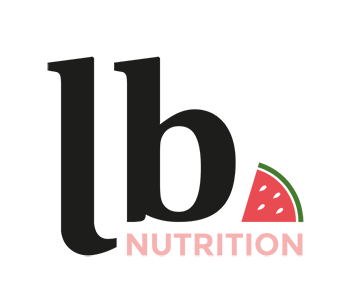Today we’re going to talk about a subject that concerns many of us: PCOS and food supplements.
If you’re a woman with hormonal imbalances, you know how difficult it can be to manage on a daily basis.
Fortunately, there are ways to improve our hormonal health and feel better about ourselves, and that’s where food supplements can play an important role.
As a nutritionist in Geneva, I’m often confronted with this problem, so I’ve decided to share with you my advice and tips for living better with PCOS thanks to a suitable diet and effective food supplements.
Understanding PCOS
Before talking about food supplements, it’s important to understand what PCOS (polycystic ovary syndrome) is and how it affects our health.
PCOS is a hormonal disorder that mainly affects women of childbearing age. Symptoms can include excessive hair growth, skin problems, irregular or no periods, abdominal pain and difficulty conceiving.
Women with PCOS often have high levels of androgens (male hormones) and insulin problems, which can lead to insulin resistance and increased insulin production. This insulin resistance can lead to weight gain or difficulty in losing weight, making the management of PCOS even more difficult.
The importance of nutrition
Nutrition is a key aspect of managing PCOS and hormonal health in general. A healthy, balanced diet can help reduce inflammation, maintain a healthy weight and regulate blood sugar levels.
Recommended foods for women with PCOS include lean protein, vegetables, fruit, whole grains and healthy fats such as those found in avocados, nuts and seeds. It’s also important to avoid processed foods high in sugar and fat, as well as alcohol and caffeine, which can aggravate hormonal problems.
If you find it difficult to plan your meals or follow a balanced diet, you can consult me as a nutritionist to help you find solutions tailored to your lifestyle and nutritional needs.
Food supplements for hormonal health
As well as a healthy diet, food supplements can help support hormonal health and improve PCOS symptoms. Some commonly used dietary supplements for PCOS include myo-inositol, N-acetylcysteine, omega-3 fatty acids, zinc, vitamin D, magnesium and chromium.
Each dietary supplement may have specific benefits depending on your symptoms and lifestyle, which is why it is important to consult a healthcare professional before starting any supplementation. Supplements are not a magic bullet for PCOS, but they can help restore hormonal balance and support overall health.
Conclusion:
In summary, PCOS can be a challenge to manage, but a healthy diet and supplements can help reduce symptoms and improve hormonal health.
If you’re interested in hormone health supplements, I’d be happy to talk to you as a healthcare professional to find out more about the options that work best for your body and lifestyle.
If you’re looking for content to help you better understand PCOS, subscribe to my Instagram account @Ibnutrition.ch to stay informed.
👩🏼⚕️ Lucrezia, qualified and ASCA-accredited nutritionist.
🌱 I help you rediscover a healthy relationship with food
🎗 Endometriosis & PCOS specialist
📍Geneva
📅 Visit OneDoc.ch


